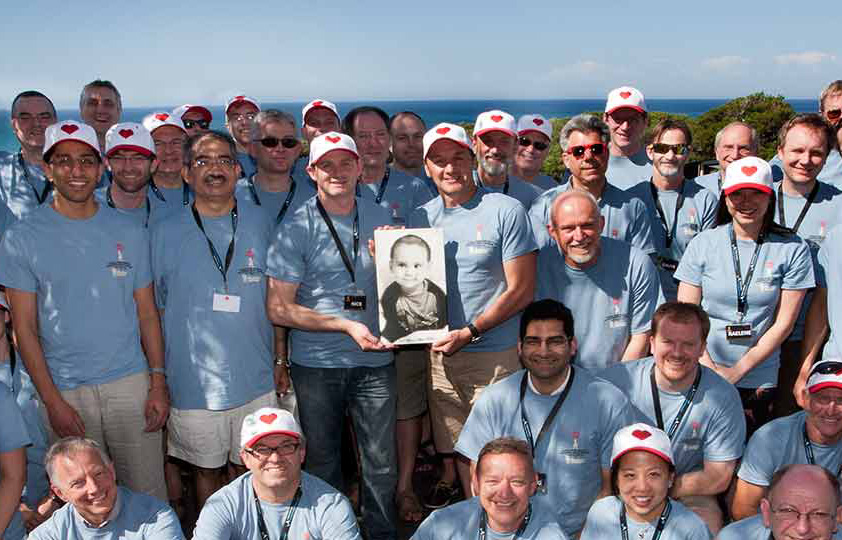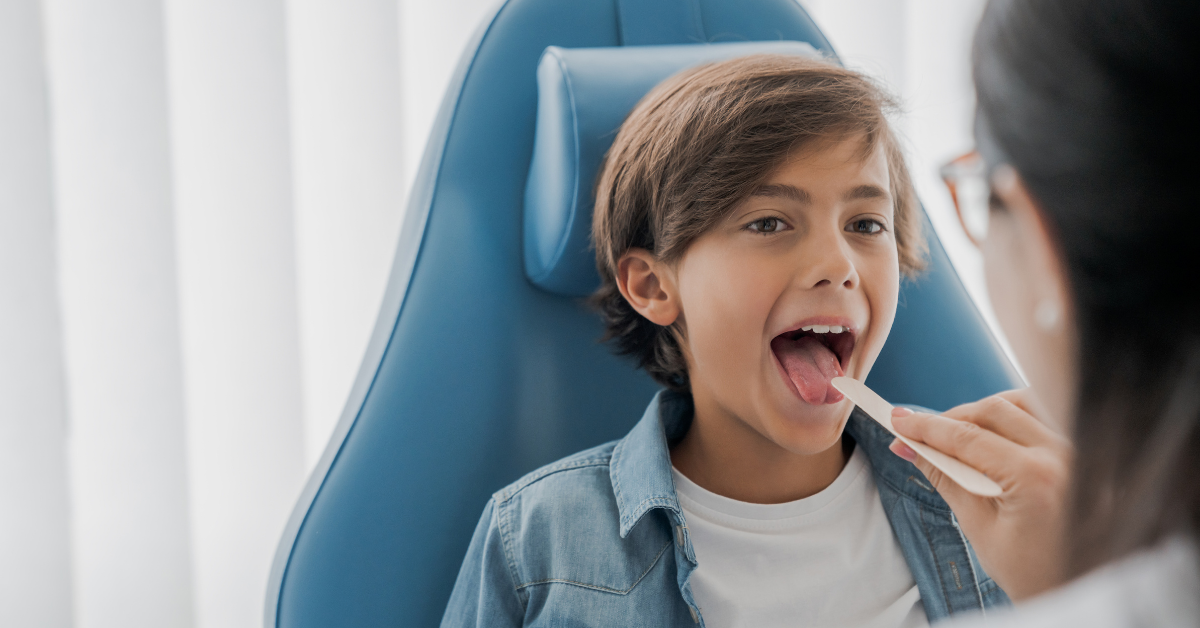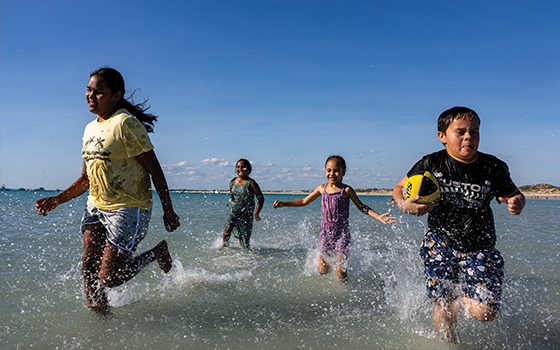Search
At The Kids Research Institute Australia, our vision is simple - happy healthy kids. We bring together community, researchers, practitioners, policy makers and funders who share our mission to improve the health, development and lives of children and young people through excellence in research.
At The Kids Research Institute Australia, our vision is simple - happy healthy kids. We bring together community, researchers, practitioners, policy makers and funders who share our mission to improve the health, development and lives of children and young people through excellence in research.
At The Kids Research Institute Australia, our vision is simple - happy healthy kids. We bring together community, researchers, practitioners, policy makers and funders who share our mission to improve the health, development and lives of children and young people through excellence in research.

We rely on our fundraisers enormously. Not only are they out there raising money to help fund our research into children’s health, they’re raising awareness within the community about the broad scope of work we do. They are helping to create hope for children and their families. Want to get involved?

How can your organisation help improve the lives of children?

Members of primary school P&Cs and P&Fs are invited to share their thoughts on what information and support they would find helpful to promote positive digital technology use by their students.
At The Kids, we recognise that people are our greatest asset.
Research
Children's CancersCancers in children are very different from cancers in adults - in most cases they appear to strike simply at random. They also develop differently and can spread more rapidly and aggressively. And because cancers in children are not obviously linked to their lifestyles, much work is needed to pinpoint their cause.

The Institute has become one of the world’s leading Strep A hubs, with multiple teams working in the Institute’s END RHD Program, headed by Associate Professor Asha Bowen, working to understand how Strep A works and find better ways to prevent and control the diseases it causes.

WAACHS was the largest and most comprehensive survey ever undertaken into the health, wellbeing & development of WA Aboriginal and Torres Strait Islander kids
